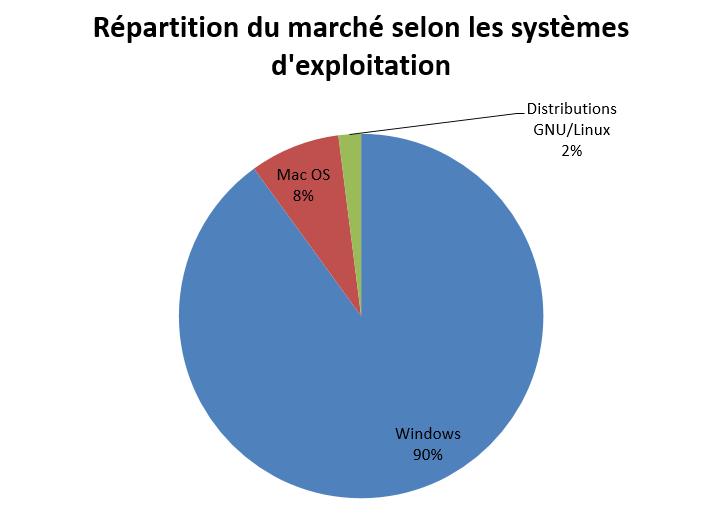General Culture theme and expression of the BTS 2022: "In my house"
The new general knowledge theme for 2022-2023 is "In my house". Grammatically, it is a nominal group composed of a preposition, a possessive adjective and a substantive which is the circumstantial complement of place.
Defining the theme: “In my house”
By drawing a square or a rectangle surmounted by a triangle, anyone recognizes a house. Traditional, modern, family, town, single-storey, wooden, kit house, passive house... a common place. It is the place where we live, we receive, we work, it is our home, our privacy. We are the owner, tenant or co-tenant. And the homeless, the homeless? The house has been man's home since he settled down. When he was a nomad, he lived under a natural shelter, a cave where he built an ephemeral habitat, a hut. The house is therefore a place that has evolved over the course of human history: how did we go from the prehistoric hut to the passive house? For the animal, other terms are used to designate the place where he lives: the doghouse, the rabbit hole, the horse stable, the sheepfold, the bird's nest.
A plethora of synonyms exist for the word house (a website lists more than 80!), which testifies to the importance given to this place. Some synonyms mention a particularity: the residence (a large house), the villa (a holiday home and/or by the sea), the pavilion (a house located rather on the outskirts of the city), the logis (a term a little literary or even aged or with medieval connotations), the apartment (house in a building which can be a studio, a T2, T3, T4), the loft (professional premises transformed into housing), the maid's room (very small apartment under the roofs), the gite (furnished accommodation), the gourbi (dirty and small accommodation), the gynaeceum (apartment reserved for women in Greek antiquity), the geonef (self-sufficient house made of recycled materials). On the other hand, the terms domicile, dwelling, dwelling have a more general meaning. There are two words of the same family: household: all of those who live in the house (often belonging to the same family) and small house: small house
Few expressions exist with the word house except "big as a house" or "homemade", there are more with synonyms. home). Return to the fold: expression synonymous with the previous one. Bercail comes from the Latin berbicale which gave ewes in French. The word then designated the sheepfold and then by extension the house. Home sweet home “home, sweet home”: this English phrase translates the sweetness of home and can be translated as “little cozy nest”.
TO READ
This book offers you: 8 studies to acquire a general culture on the theme "In my house" with a course accompanied by numerous essential documents (texts and images). Methodological advice for preparing for the written exam. Guided and corrected subjects to train effectively.
Effective preparation for passing the summary and personal writing testPublisher: BréalAuthor: Sébastien Clerc
My house: a plural place with different functions
A private and intimate place: “The image of the house is the topography of our intimate being” according to Bachelard. This philosopher also compares the house to a nest or a shell. This secret garden reassures us, protects us. The fence around the house also testifies to the desire to further privatize this place. To feel good at home, the Chinese have created an art, Feng Shui. It consists of arranging and decorating your home harmoniously in order to feel good there. The cocooning layout is also in vogue, it is a question of furnishing with soft sofas, opting for soft lighting. Many television programs also offer decoration ideas: the France 5 house, D and Co, Téva Déco... The layout of the rooms also reflects the conception that we have of the house: we will opt for a kitchen "à l' 'American' or for a closed kitchen, for upstairs bedrooms or for a single-storey house... Home automation also makes you feel even better at home. It's about making the house smart by automating it: managing the heating, closing the shutters, waking up to music, turning on the video surveillance... The exterior of the house is taking on an increasingly important place, especially since the confinement. Gardens and balconies are constantly being developed for the well-being of the inhabitants with garden furniture, a swimming pool, a jacuzzi, a mini vegetable garden... However, the house must not become a place of withdrawal, as we see at leshikikomori. This Japanese term refers to people confined to their homes because they are afraid of the outside world. They therefore choose to isolate themselves socially by staying at home, by locking themselves in their accommodation. In addition to being a private place, the house is also: A social and convivial place. The house is a link of sharing, exchange, reception, we receive our family there, we invite our friends, we celebrate birthdays and end-of-year celebrations. With the development of teleworking, the home has also become the place where one carries out one's professional activity. The danger is to no longer distinguish between the private sphere and the professional sphere because geographically the activities take place in the same place: in my house! The house can designate a place other than our usual home: A place of vacation: a guest house, a charming house, a vacation home. A place of justice: a remand center, a correctional center, a house of detention, a house of justice. A place of end of life: a retirement home. A historic site: the White House in Washington, the Maison Carrée in Nîmes (1st century Roman temple). The “house of the illustrious” label created in 2011 and which brings together more than 200 houses of famous people: The house of Aunt Léonie, which has become the Marcel Proust museum in Illiers Combray (Eure et Loir), the house (the Villeneuve mill) Elsa Triolet– Louis Aragon in Saint Arnoult en Yvelines.
CONCLUSION
This new general culture theme “In my house” obviously refers to the confinement that we have experienced in recent months. Moreover, this confinement showed the inequality that existed between individuals. It is easier to live confined in a pavilion with a garden than in a small apartment without a balcony. More broadly, this theme questions us about our way of life. How to live in our contemporary societies without a home, without fixed accommodation and therefore without an address? What difficulties do the homeless have to overcome? Why do some decide to become nomads by buying a Tiny house (a 20m2 micro wooden house mounted on a trailer)? Finally, some figures help to understand the link we have with our house. First, 68% of French people live in a house (the European average is 57%). 58% own their home, which averages an area of 90m 2 . However, 4.6% of dwellings have no heating and 1 household out of 12 lives in overcrowded accommodation (ie the inhabitants have less than 18m 2 each).







